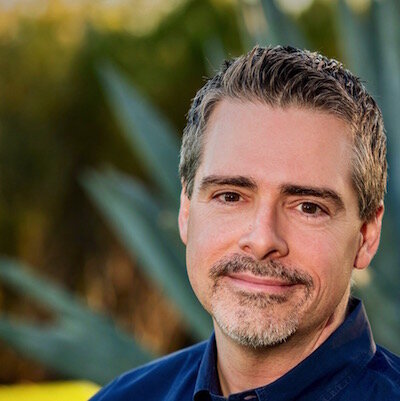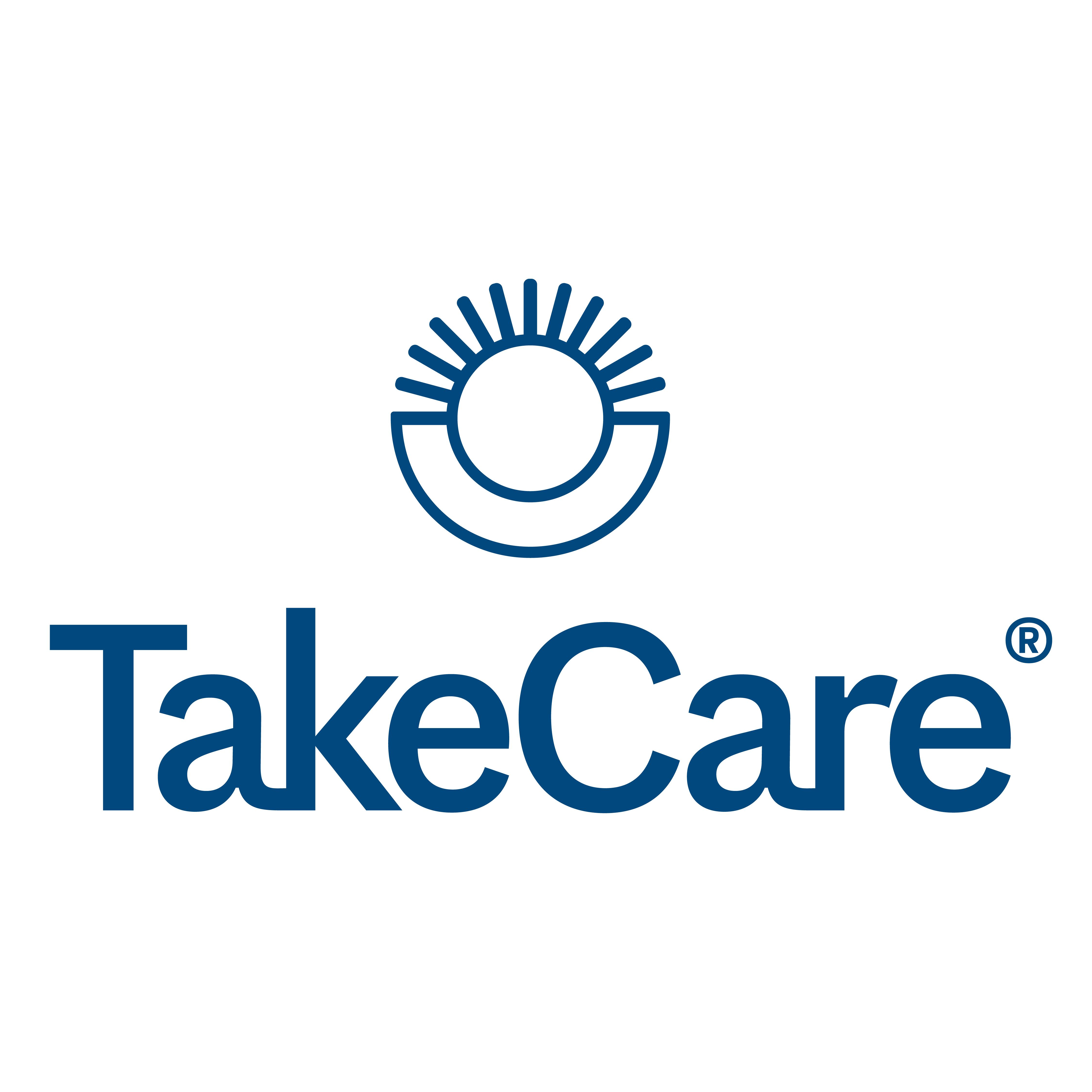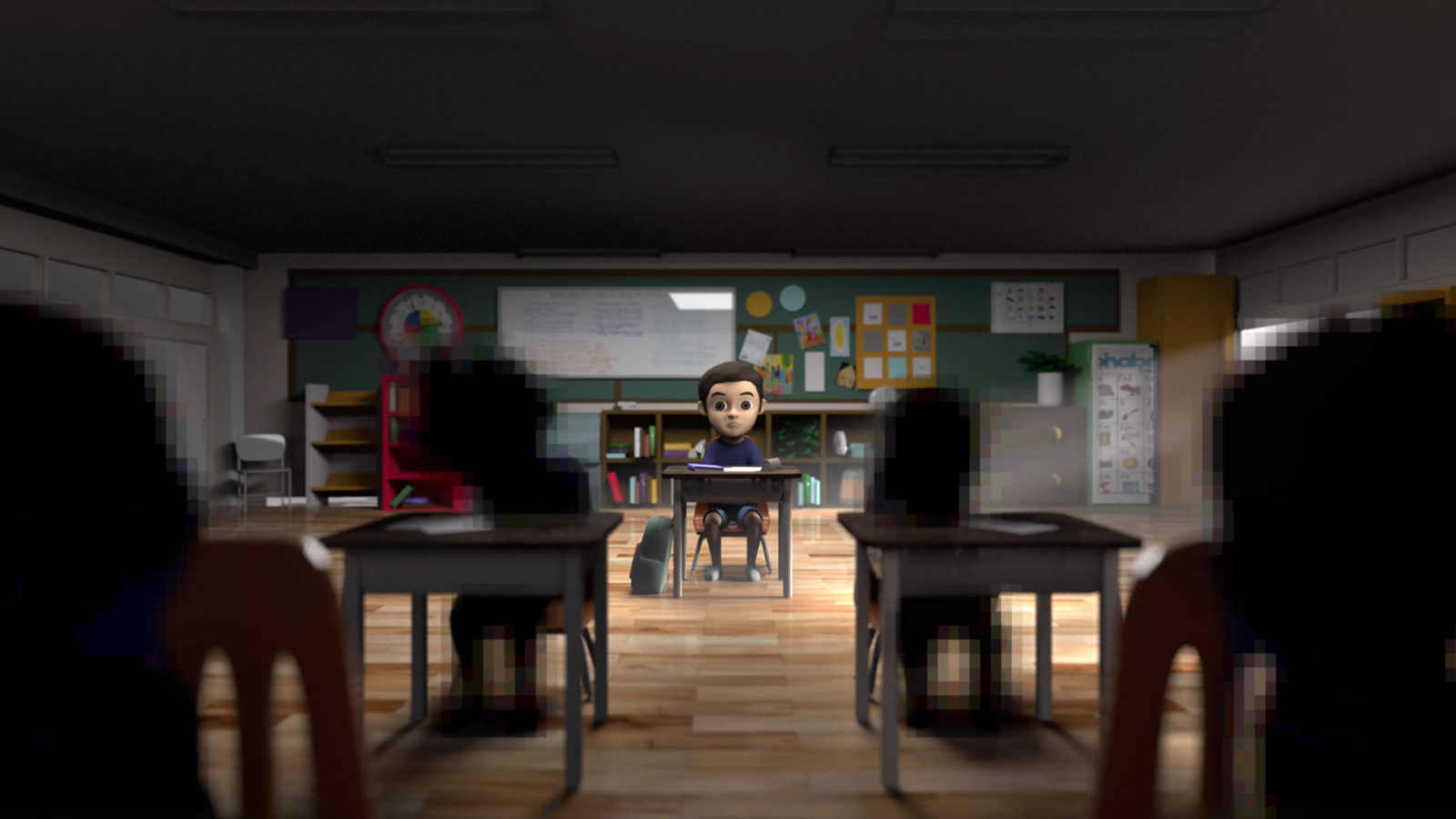It all started in third grade when Mark’s family moved from a “tight-knit immigrant neighborhood” to a small town in Massachusetts. On the first day of school, Mark, whose parents were Egyptian, saw “a sea of all White classmates” and thought to himself, “Man, I really don’t belong here.” This was shortly after 9/11, and he was bullied and called a “terrorist” for looking different. “It truly made me feel that I had to make myself as small as possible and isolate myself,” he recalls in On The Bridge, a film that is part of TakeCare, a national initiative that uses short inspirational films to offer tools to help people improve their health and sense of well-being.
Retreating
As a health advisor on the film, I was moved by Mark’s story, but I was also struck by how common it is. Like so many people, he dealt with his loneliness in maladaptive ways that hurt rather than helped. Mark isolated himself inside his home, retreating to video games. Through middle school and into high school, he excelled at gaming and had a large online following, he recalls, but he “barely had any friends and I still thought of myself as the same old loser.”
Mark went to college hoping for a fresh start but found himself “paralyzed with anxiety” when he tried to make friends. So, he withdrew even further, skipping classes, sleeping during the day, and ordering in fast food. This instinct to withdraw—called the “avoidance motivation”—seems counter-intuitive for people who desperately need social contact. But when people feel deeply isolated, avoidance is sadly very common.
How people withdraw—and their maladaptive behaviors—can vary. Some turn to drugs or alcohol, gambling, or unhealthy sexual practices. These activities often provide a dopamine hit that can make you briefly feel better, but they inevitably create new problems. For Mark, unhealthy eating and physical inactivity led to a weight gain of 75 pounds and trouble sleeping. He began to invite danger by walking in the middle of the night in unsafe neighborhoods, “hoping to get mugged and killed.”
Turning point
Mark’s turning point came as he walked across a bridge at 3 a.m. “It was like a light switch went on in my head. Like ‘Hey Mark, what are you doing to yourself?’” He ran home, looked at himself in the mirror, and realized that he had been numbing himself “to the point where I had become suicidal.” He says, “It was like I woke up from a terrible dream, and for the first time I felt open to the sense of possibility.” An epiphany or turning point like this, thankfully, comes for most people before it’s too late. Something shifts in the way they see the direction of their lives, and they turn to more adaptive (or constructive) behaviors.
Taking care
One of the healthiest changes Mark made was becoming physically active—walking and then running. It nourished him physically as well as emotionally and even spiritually by giving him confidence that he could help himself feel better. Mark eventually chose running, but any type of physical activity can be beneficial; the key is finding something that you enjoy and can fit into your daily life without too much effort.
Mark also started to eat better, and soon his sleep was better too. He learned about mindfulness and the importance of gratitude. “That’s also when I started to challenge myself in different social situations and I began to make friends and not feel so lonely. For the first time in my life, I felt connected,” he recalls. He began a podcast focused on the idea of personal transformation, which has grown into a successful venture with a supportive community.
Finding connection
People can find connection and community in various ways. I often encourage people to join support groups or community organizations, or to engage in volunteer activities. I also recommend talking with a mental health professional. Some clinics offer services at low or no cost. Depression and loneliness often look and feel much the same, as they did for Mark, but it’s important to get professional help.
It’s also important to remember that just being alone isn’t the same as feeling isolated and lonely. Solitude can be revitalizing and nourishing. And being with other people doesn’t necessarily mean you won’t feel alone. Like Mark as a child at school, you can feel utterly alone in the presence of others. The key is to find people with whom you feel comfortable being yourself.
Finding supportive connection can be especially hard for adolescents, who want to fit in with their peers but also want to assert their individuality. Older people are also vulnerable to social isolation and loneliness, particularly if they’ve lost a spouse, family members, or close friends. So it’s especially important to be aware of social isolation if you or someone you know are in these age groups.
In the film, Mark says poignantly, “The turning point came when I began to realize that it’s okay to feel lonely from time to time, but that I was worthy of connection.” Indeed, we all feel lonely at times, but building connection in our lives is vital to our Whole Health, and everyone is worthy of that.
You can read this blog on TakeCare.

Kory Floyd, PhD, served as advisor on the film, “On The Bridge,” as part of The Healthy US Collaborative’s TakeCare initiative. He is a professor of communication and professor of psychology at the University of Arizona. His research focuses on the communication of affection in close relationships and its effects on stress and physiological functioning. He has written 16 books and over 100 scientific papers on the topics of affection, loneliness, emotion, family communication, nonverbal behavior, and health.


